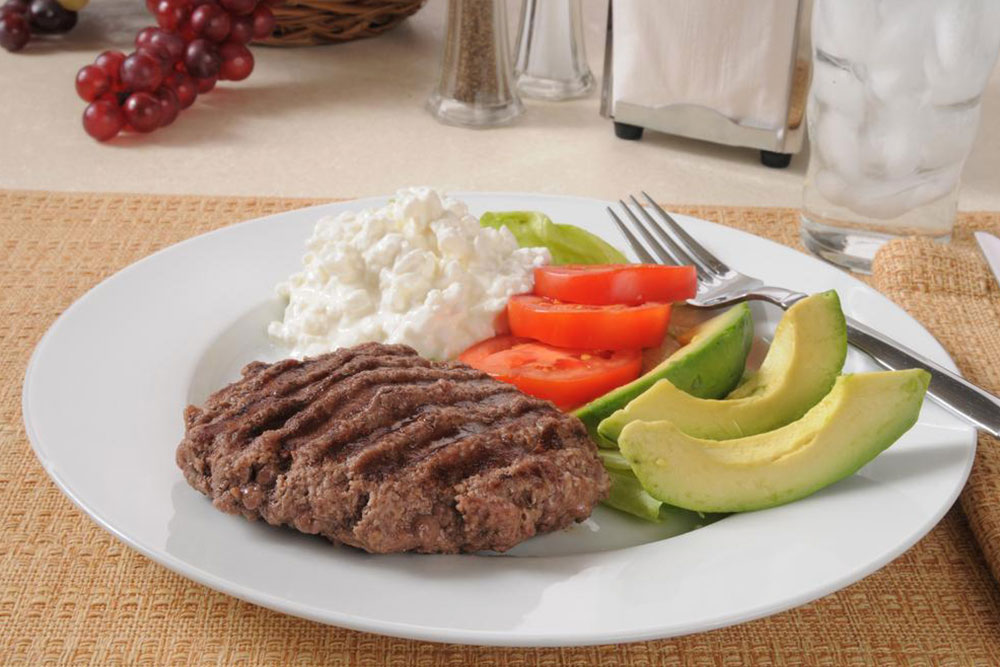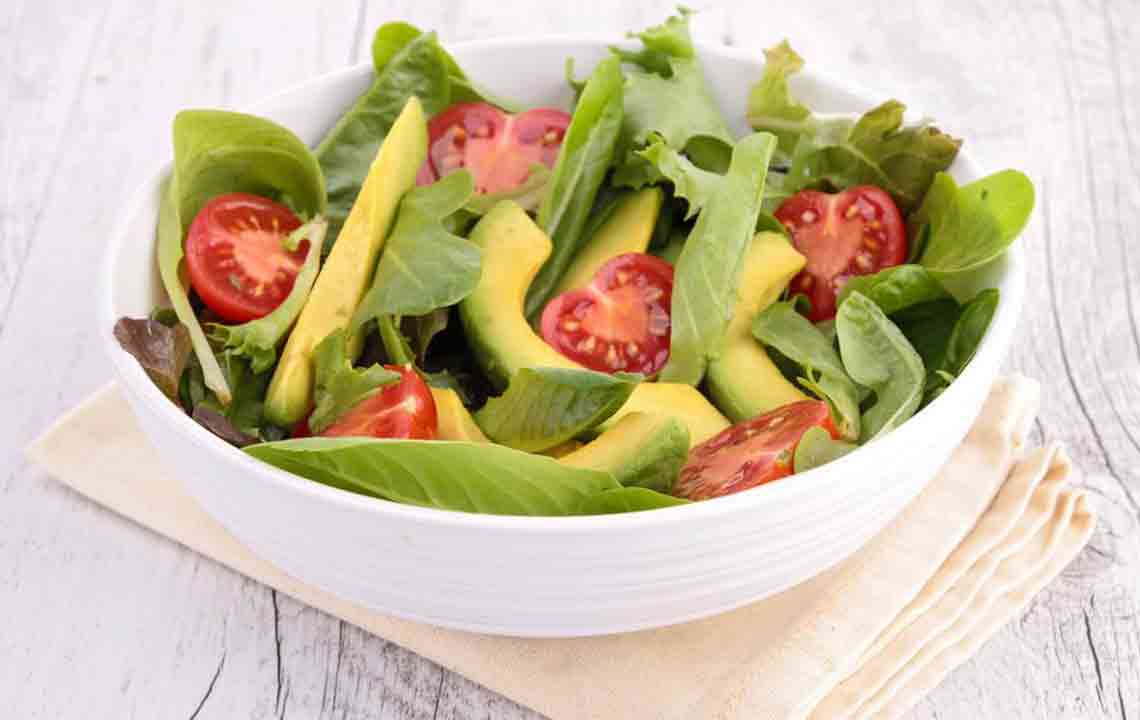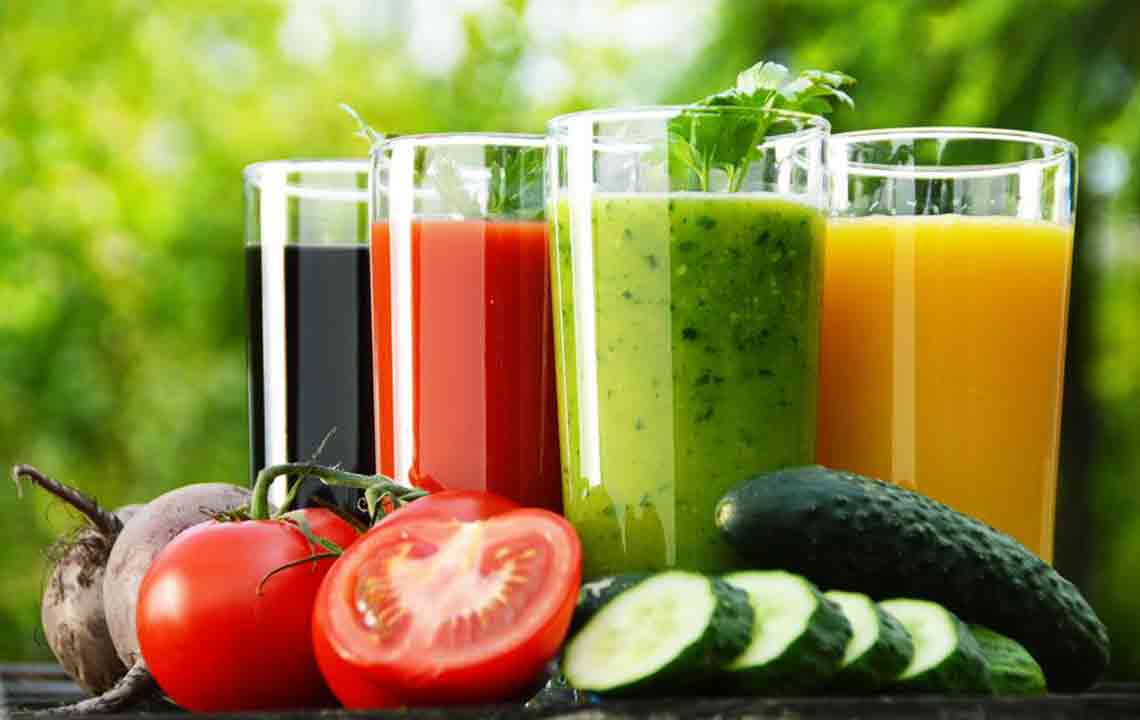Essential Kidney-Friendly Foods to Support Optimal Kidney Health
This comprehensive guide explores essential kidney-friendly foods that support optimal kidney health. From olive oil to berries, learn how to incorporate nutritious options into your diet, manage inflammation, and promote better kidney function. Tailored for those with kidney concerns, this article emphasizes a balanced, nutrient-rich approach for a healthier lifestyle.

Essential Kidney-Friendly Foods to Support Optimal Kidney Health
In today’s fast-paced world, lifestyle choices and dietary habits have significantly impacted health worldwide. According to recent studies, over 10% of the global population now suffers from some form of kidney dysfunction or chronic kidney disease (CKD). Kidney health is crucial because kidneys play a vital role in filtering waste products, balancing body fluids, and regulating blood pressure. Poor dietary choices, sedentary lifestyles, and environmental factors have all contributed to the rising prevalence of kidney-related health issues.
Maintaining healthy kidneys requires careful dietary planning and mindful food selections. Eating the right foods not only supports kidney function but also helps manage existing kidney conditions, slow disease progression, and prevent further damage. The focus should be on incorporating nutrient-rich, low-phosphorus, low-sodium, and low-potassium foods tailored specifically for kidney health. This comprehensive guide explores some of the best kidney-friendly foods that everyone aiming for a healthy lifestyle should consider adding to their diet.
Extra Virgin Olive Oil
One of the healthiest fats to incorporate into your diet for kidney health is extra virgin olive oil. Recognized for its heart-healthy monounsaturated fats, olive oil also offers anti-inflammatory and antioxidant properties that benefit overall health. For individuals with kidney issues, it’s essential that foods consumed are low in phosphorous, sodium, and potassium; olive oil fits perfectly into this requirement. It is naturally free from phosphorous and contains minimal sodium and potassium, making it an ideal choice for kidney-conscious diets.
Just one ounce (28 grams) of olive oil adds rich flavor to salads, roasted vegetables, or pasta dishes without adding harmful minerals. Regular incorporation of olive oil can help reduce systemic inflammation, support cardiovascular health, and aid in weight management — all vital components of kidney disease management. For CKD patients, maintaining a healthy weight is often necessary, as excess weight can exacerbate kidney issues. The anti-inflammatory properties of olive oil further bolster immune function and help mitigate complications associated with kidney disease.
Consuming calorie-dense foods like olive oil can also combat unintentional weight loss common among kidney patients. It provides essential nutrients while supporting energy levels and overall well-being, making it a versatile and beneficial addition to any kidney-friendly meal plan.
Buckwheat
For those seeking a nutritious grain option suitable for kidney health, buckwheat is an excellent choice. Despite its name, buckwheat is not related to wheat and is gluten-free, making it safe for individuals with celiac disease or gluten sensitivities. This pseudo-grain is low in phosphorus and provides a wealth of essential nutrients, including iron, dietary fiber, magnesium, and B vitamins such as niacin and riboflavin.
Adding a cup (about 84 grams) of cooked buckwheat to meals supplies modest amounts of potassium and sodium, which are critical considerations for people with compromised kidney function. Its high fiber content aids digestion, stabilizes blood sugar levels, and reduces inflammation—factors that are especially beneficial for kidney disease management. Buckwheat also has a low glycemic index, which supports cardiovascular health and helps control blood pressure, further reducing the burden on compromised kidneys.
Garlic
Flavoring foods with garlic offers a natural way to reduce sodium intake—a vital step in preserving kidney health. Excess sodium is a known contributor to high blood pressure, which accelerates kidney damage over time. Garlic not only enhances flavor without added salt but also provides numerous health benefits. Rich in vitamin C, manganese, and B6, garlic contains sulfur compounds like allicin and diallyl disulfide that have potent anti-inflammatory and antimicrobial properties.
Consuming three cloves (about 9 grams) of garlic per day can help lower blood pressure, improve immune response, and combat inflammation. Since most processed foods contain high sodium levels, incorporating garlic into home-cooked meals can significantly reduce overall sodium consumption. This, in turn, supports better blood pressure regulation and kidney function. Garlic also offers cardiovascular benefits, which are crucial since CKD patients face a higher risk of cardiovascular disease.
Egg Whites
Egg whites are an excellent source of high-quality protein that is low in phosphorus, making them suitable for kidney-friendly diets. Protein intake must be carefully managed in CKD patients, especially those on dialysis, to prevent adding excessive strain to the kidneys. Egg whites provide the essential amino acids necessary for tissue repair and muscle maintenance without burdening the kidneys with phosphorus, sodium, or potassium.
Two large egg whites (approximately 66 grams) deliver high biological value protein while remaining low in minerals that can harm sensitive kidneys. They are versatile; suitable for cooking in various ways—scrambled, boiled, or added to soups and salads—making them a nutritious addition to daily meals. Egg whites support immune function, energy production, and overall health, all vital for individuals managing kidney disease.
Red Grapes
Red grapes are sweet, juicy fruits packed with health-promoting compounds. They are rich in vitamin C, antioxidants like flavonoids, and resveratrol—a polyphenol with strong anti-inflammatory and cardiovascular protective properties. The antioxidants in grapes help reduce oxidative stress and inflammation, which are common in CKD. Including grapes in your diet can promote better vascular health, support immune function, and potentially lower blood pressure.
A typical serving of 75 grams of red grapes provides a significant amount of potassium but remains manageable within a kidney-conscious diet, especially when portion sizes are controlled. Their natural sweetness makes them a satisfying snack that contributes to hydration, nutrient intake, and overall wellness without excess sodium or phosphorus. Their antioxidant content supports efforts to reduce inflammation and oxidative damage associated with kidney disease progression.
Sea Bass
Sea bass is a lean, high-quality seafood choice ideal for a kidney-friendly diet due to its rich content of omega-3 fatty acids and high protein levels. Omega-3s are known to support cardiovascular health, reduce inflammation, and improve lipid profiles, which are particularly important for CKD patients who are at increased cardiovascular risk. Compared to other seafood options, sea bass is relatively lower in phosphorus, but portion control remains crucial to avoid overconsumption of minerals.
An 85-gram serving of cooked sea bass supplies beneficial levels of potassium and sodium while keeping phosphorus intake in check. Its mild flavor and tender texture make it a versatile addition to many dishes—grilled, baked, steamed, or poached. Including sea bass in a kidney diet supports heart health and provides essential nutrients without overloading the kidneys with phosphorus.
Blueberries
Blueberries are among the most potent antioxidant fruits for kidney-friendly diets. Rich in anthocyanins, these berries help protect against oxidative stress, reduce inflammation, and support heart health. Regular consumption of blueberries has been linked to a decreased risk of cardiovascular disease and certain cancers, both of which are common concerns among CKD patients.
A serving of approximately 148 grams of blueberries provides a wealth of beneficial nutrients while being low in sodium, potassium, and phosphorus—making them an ideal snack for kidney health. Their high fiber and antioxidant content make them a functional food that promotes overall wellness and aids in disease management. Incorporating blueberries into smoothies, salads, or simply enjoying them fresh can contribute significantly to a balanced, kidney-friendly diet.
Cauliflower
This versatile vegetable is a nutritional powerhouse with numerous health benefits. Cauliflower is naturally low in potassium and phosphorus, important minerals to monitor in CKD diets. It is high in vitamins A, C, K, and B folate, supporting immune function, blood clotting, and red blood cell production.
Containing anti-inflammatory compounds called indoles and rich dietary fiber, cauliflower supports overall health and reduces inflammation. A 124-gram serving of cooked cauliflower provides moderate levels of potassium, sodium, and phosphorus, making it a safe addition for those with kidney concerns. Its versatility allows it to be steamed, roasted, or mashed and incorporated into various meals.
In conclusion, adopting a diet rich in these kidney-friendly foods can have a substantial positive impact on kidney health. Proper portion control and variety are essential for maximizing benefits. Consulting with healthcare professionals and dietitians will ensure a personalized diet plan that effectively supports kidney function and overall health.





